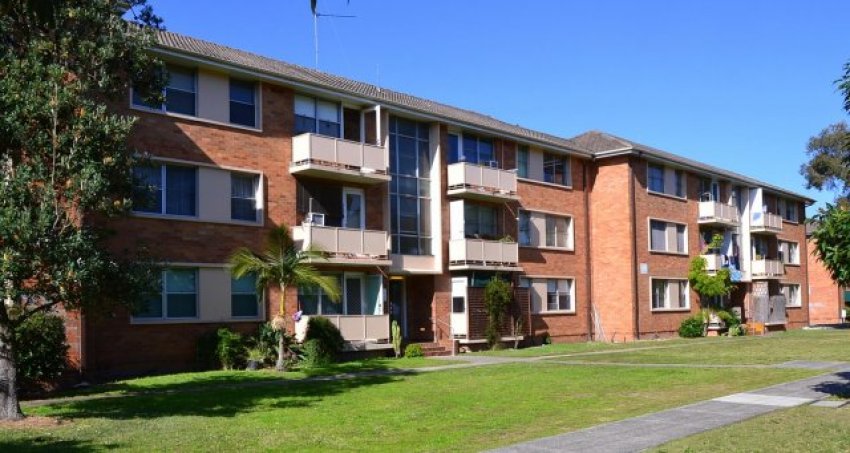
A severe housing affordability crisis has been kept at bay with JobKeeper and JobSeeker payments, moratoriums on evictions and rent relief packages to landlords. These relief packages were supposed to be passed on to tenants in Victoria, Queensland, Tasmania and Western Australia.
But as eviction moratoriums in New South Wales and Tasmania wind up and COVID-19 payments wind down, a crisis is looming.
One in three Australians rent and, before COVID-19, 50% of tenants were in housing stress, meaning more than 30% of their income was spent on rent. Thirty per cent of Australia’s 8 million renters suffer extreme housing stress, where they pay 50% of their income on rent.
This was before the pandemic lay-offs and cuts to working hours.
Homelessness has become a nightmare reality for more than 2 million workers who rent and are ineligible for JobSeeker or JobKeeper. The 2-month eviction stay in NSW was weak, with at least two attempted evictions fought off by the Housing Defence Coalition.
The federal government granted rent control to businesses, asking commercial lessors to give rent relief proportionate to the loss of income of their tenants. It did not offer a cent to tenants directly, saying it was a state matter.
Some states — Victoria, Tasmania and Western Australia — offer $2000 in rent relief to landlords to pass onto tenants in rent reductions. South Australia offers $1000 to landlords. The ACT offered land tax and residential rate rebates to landlords who reduce rents that “could result in rent relief of up to $200 a week for tenants”. Queenland offered a package for a few weeks. The NT has no rent relief package.
Initial data from Victoria reveal very few tenants have managed to negotiate a rent reduction. A spokesperson from Consumer Affairs Victoria told Green Left that “more than 16,000 rent reduction agreements have been registered with Consumer Affairs Victoria as of 21 June 2020”.
With about “700,000 tenants in Victoria formally registered with the Residential Tenancies Bond Authority” this represents “around 2%” of Victorian rental households, Jim Malo reported in an article on Domain.com.au.
Providing a rent reduction is a prerequisite for receiving the Victorian government’s $2000 rent relief package. However, data on how many landlords have accessed the $2000 sits within the Victorian Department of Health and Human Services and Green Left’s queries have been left unanswered.
A Victorian tenant told Green Left they looked at the rent relief package and were probably eligible, but “it would have taken me days to fill out the forms, so I didn’t bother”.
Instead of delivering rent control for tenants, the federal government encouraged renters and landlords to “negotiate” rent decreases.
Landlords hold the power to make their tenants homeless, so using their advantage some landlords are forcing tenants to agree to rent deferrals, not reductions. Renters are accruing large debts, some in the thousands of dollars, which will never be able to be repaid.
While the end of September looms large for renters, the worry for workers on JobKeeper is whether the government could extend its callousness beyond their attack on child-care educators and target other workers.
And while in inner Sydney rents have decreased slightly in the past three months, rents are still overpriced and beyond the reach of casual or part-time workers. A one-bedroom apartment in Burwood is still being advertised for $450 a week.
A battle is erupting for affordable housing.
In NSW, Rent Relief Now and Housing Defence Coalition are calling for rent relief for tenants, a stronger moratorium on evictions, no rent debts and an end to penalties for tenants who have to break their leases because of the pandemic.
Eighty groups, including Australian Council of Social Services, Shelter NSW, Tenants Union NSW, Uniting, United Workers Union, GetUp! and housing researchers have signed a statement calling for renters to be supported.
[Rachel Evans is a housing activist in Sydney.]